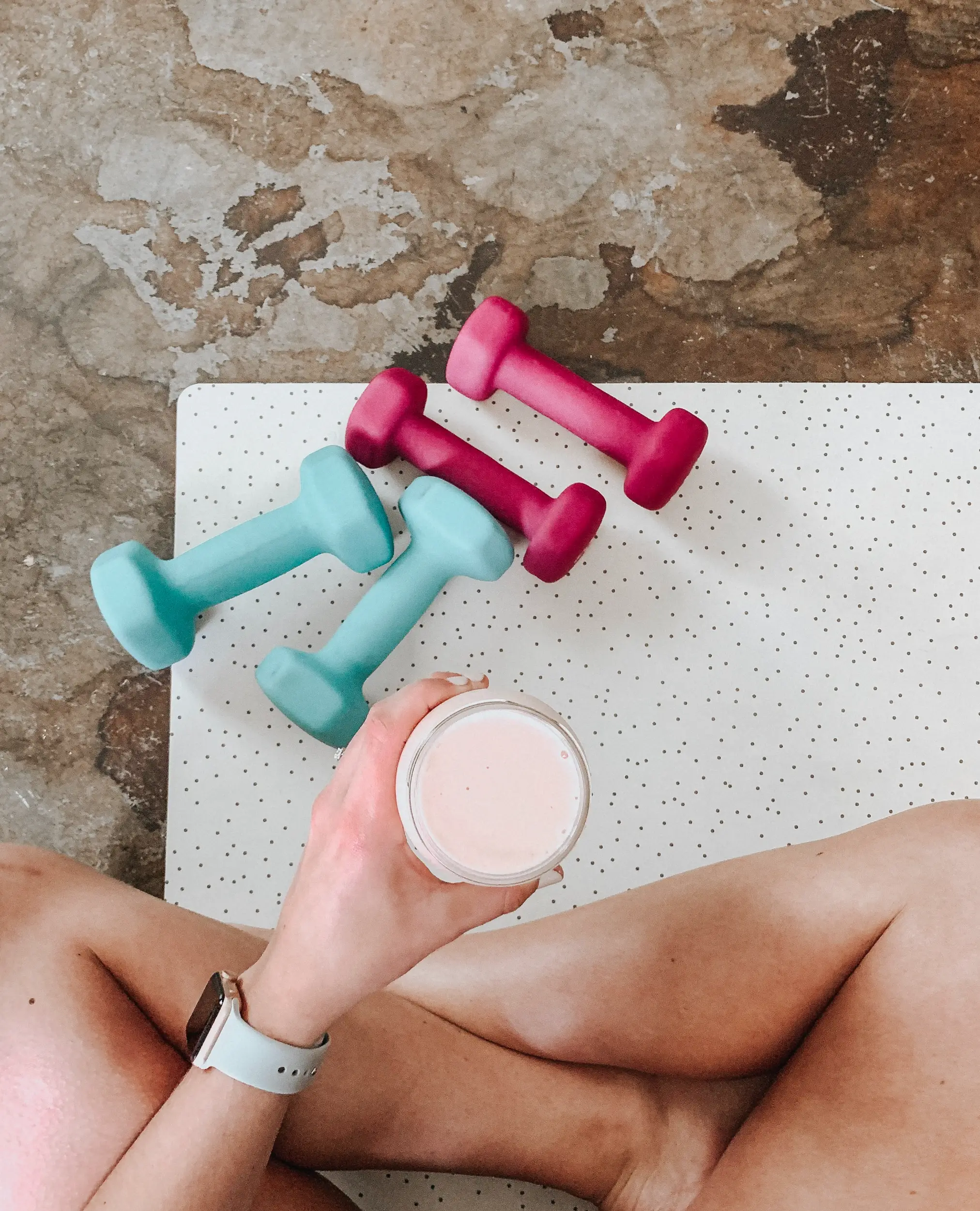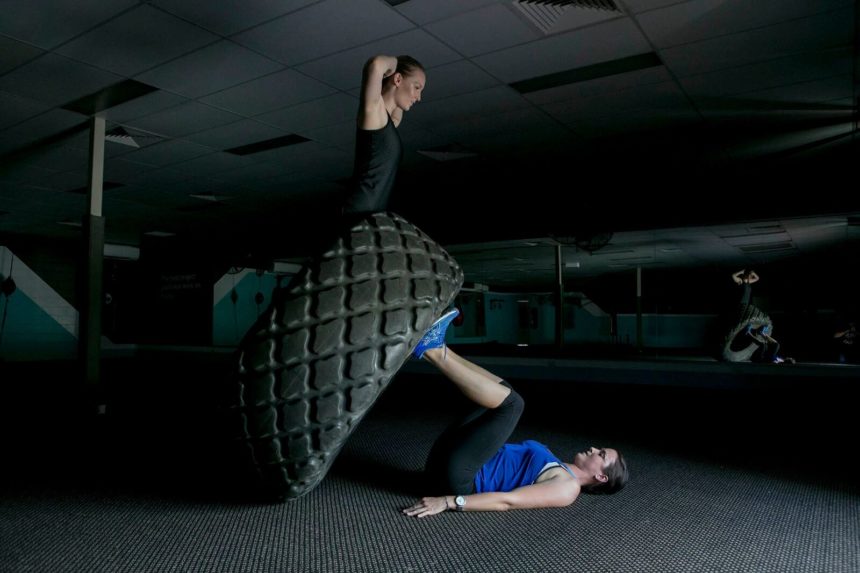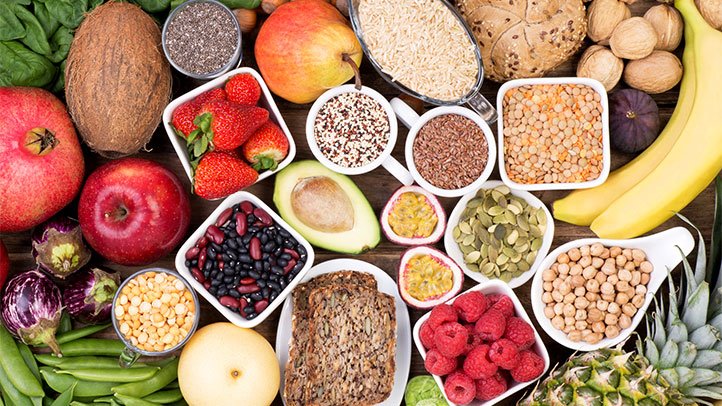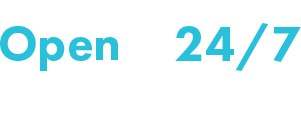The biggest debate seems to be between carbohydrates and fats, with the general consensus being that protein is important. Most are consuming enough protein to keep them out of a deficit, but are you actually consuming enough to build and maintain lean muscle?
You don’t have to delve too far into research to discover that a diet high in protein benefits the body in many ways. The three macronutrients; carbohydrate, fat, and protein affect the body in different ways. While all are essential for the body, studies show that protein is by far the most filling. Consuming an adequate amount of protein aids weight loss and improves or sustains metabolic health. Protein reduces ghrelin levels within the body – also known as our hunger hormone – essentially making us feel full.
Protein is the building block for muscle. Therefore, it goes without saying that consuming more protein will allow for increased muscle growth. Keeping protein intake high will also prevent muscle loss when your body is in a catabolic state, such as when you lose weight or are in a caloric deficit.
If you’re wanting to lose weight, improve your metabolic health, increase your lean muscle mass, or overall strength, consuming a sufficient amount of protein is essential. To find out just how much protein you need to be consuming, visit the Australian Dietary Guidelines for a general guide of protein consumption relative to your age, gender, and physical activity level.
Some of our favourite types of protein sources are:
- Eggs
- Peanut butter, or other nut butters
- Beans and Lentils
- Protein Powder (we like True Protein, Dymatize, and Rivalis)
- Greek Yoghurt
- Cheese
- Hemp Seeds
- Chicken
- Tofu
- Tuna




